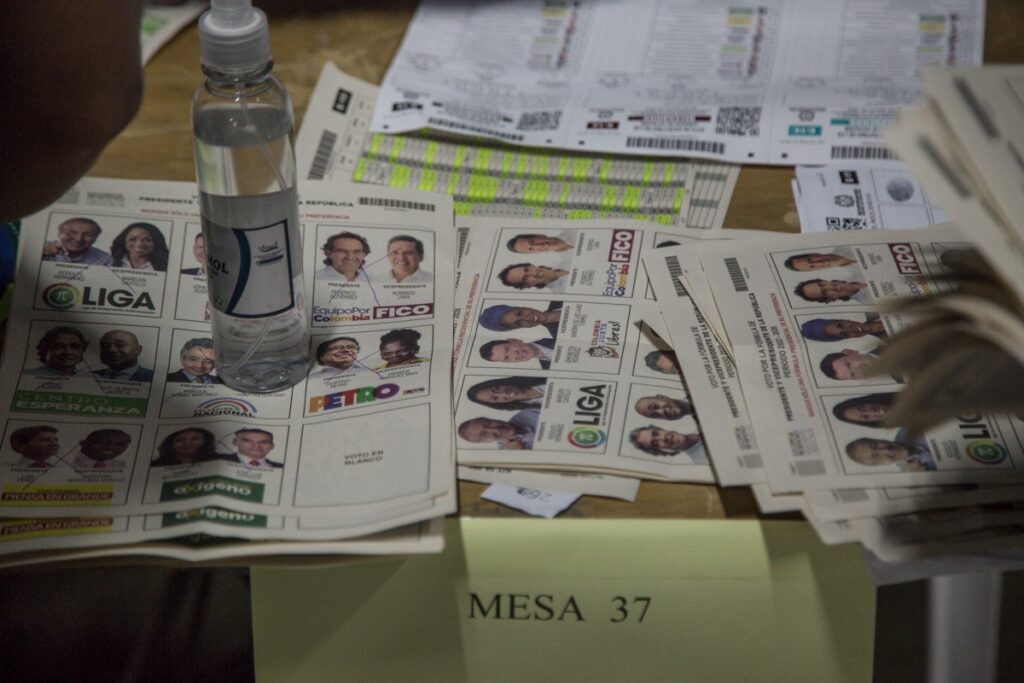
Although the people of Colombia went to the polls to exercise their right to vote, abstentionism won again in this first round of presidential elections, according to figures from the National Civil Registry, 45 percent of citizens eligible to vote did not make their decision.
And although this abstentionism may have been reduced by five percentage points compared to the elections held in 2018, the lack of interest on the part of the electorate continues.
